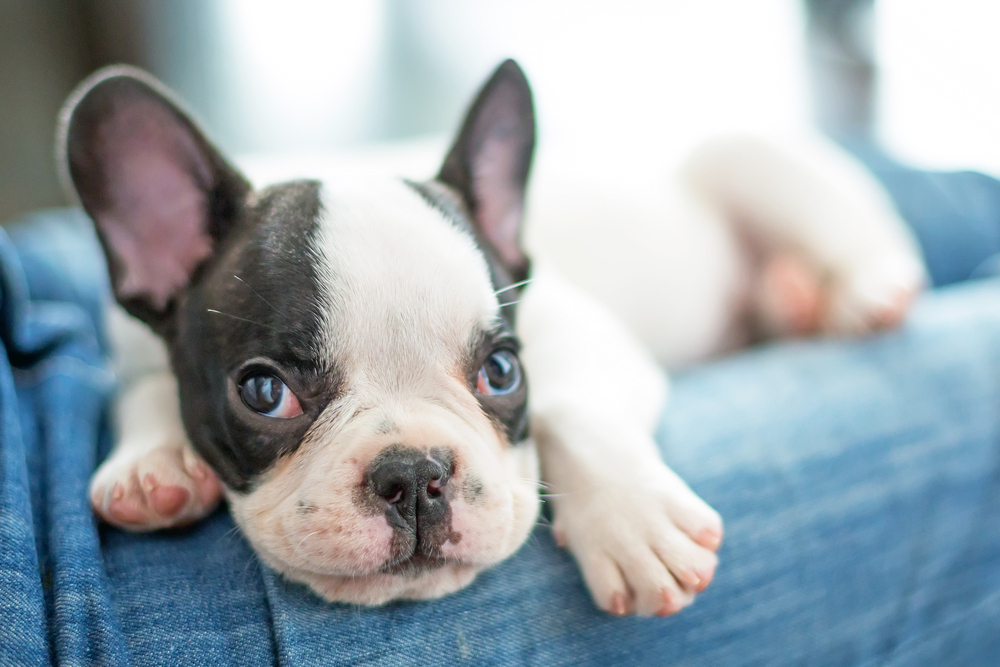When raising a new puppy, you will find all kinds of information and articles that help you understand how to feed your puppy, housetraining, and grooming tips. Today we want to brush up on how to get your puppy to experience a positive upbringing by way of socialization.
Growing into adulthood is a very important topic that should be taken into consideration. While even animals in the wild will eventually grow to maturity with no human care all, it is important for your new puppy to develop certain sociability, a willingness and desire to live with and around people and to accept his owner’s word as law, since such is his lot in life.
Proper Socialization Doesn’t Happen By Accident
This socialization is accomplished not haphazardly, not by chance, but rather by diligence, hard work, and intelligent handling. Exposing a puppy to a variety of stimuli and gently, patiently, guiding him with each new experience will serve to create a confident, well-educated, socially acceptable canine.
The spooky dog, the fear-biter, the animal who backs away when approached, and many other dogs who behave in socially unacceptable fashions were created by neglect; neglect on the part of their owners to expose them to the world has in store. Often these poor, neurotic animals are filed as the unfortunate status of ‘outdoor dogs’ since they have become virtually uncontrollable under normal living conditions as family pets.
Proper socialization includes exposure to noises, unfamiliar people and places, other animals, children, travel, and other such stress-like situations. Puppies may be cautious about unusual and unknown things. Their lack of confidence may be demonstrated by barking, backing away, whining, or acting with nastiness.
Reassuring your puppy, talking to him quietly, giving praise, and coaxing him to explore the offending object or person will teach them that there is nothing to fear. Each time he overcomes his anxiety, new self-confidence is developed and he will find his next unfamiliar situation less threatening.
His exposure to people and children should be treated in a similar fashion. Many puppies are quite comfortable with all types of people, big or small, but just as many are timid when presented with unfamiliar faces. Ask strangers and children to play with the puppy, pet him and gently encourage him to make friends. Kneeling to his level or sitting beside him on the floor will eliminate some of the trepidation he might feel by their mere size or quickness of the children’s movements.
One Last Word About Children
Very young children should be allowed to play with animals only under direct adult supervision. A puppy is not a stuffed toy and should the child mishandle him, the animal could be irrevocably damaged regarding his adjustment to all children in the future. Therefore, if your child is too young to understand the concept of gentleness, by all means, wait before bringing a little pup into the household or you may want to consider buying an adolescent puppy (4 to 9 months old) rather than an infant one.
